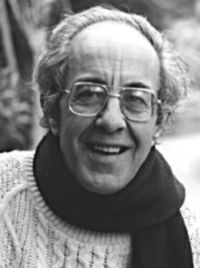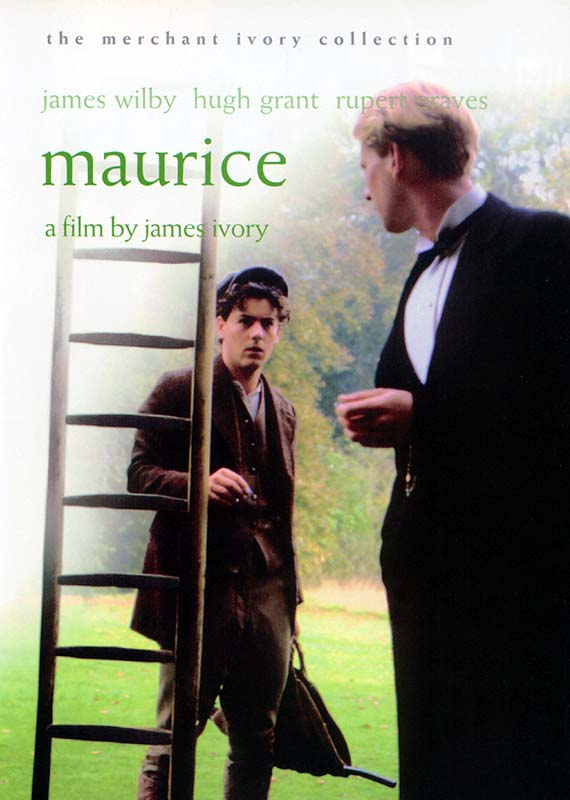The Anguish of a Closeted Priest
Fr. Henri Nouwen (1932-1996) was the author of The Wounded Healer and dozens of other books. He is famous for his religious meditations and his guides to spiritual development. 
BBC producer Michael Ford met Nouwen while interviewing him for a TV program. He later took at leave of absence to write the book, The Wounded Prophet – A Portrait of Henri J.M. Nouwen.
Ford said it is impossible to “understand the complexity and anguish of the man” without considering his homosexual orientation, something he was aware of from the time he was a boy, but started to come to grips with only in the final years of his life.
He wrestled with his homosexual leanings, which he regarded as a disability, a cross to bear. While he taught at Harvard in the 1980s, he was hard on gay students, telling them homosexuality was an evil state of being.
In time, Nouwen became friends with some gay people, and was under pressure to go public. Other friends, however, counseled him to keep his secret, saying he would lose all credibility as a famous and widely admired Catholic if people knew he was gay.
Nouwen never publicly came out during his lifetime. He did acknowledge he was gay in private conversations and in his diaries.
Nouwen was deeply troubled by the possibility that people would reject him if they knew about his sexual orientation. “This took an enormous emotional, spiritual and physical toll on his life and may have contributed to his early death,” Ford said.
His homosexual feelings may also have contributed to a midlife nervous breakdown. When his close friend Nathan Ball pulled back from their platonic relationship, Nouwen went into a tailspin and had to seek treatment for an emotional breakdown.
Ford believes this brokenness within Nouwen was the key to his ability to reach out to those in need, those who are suffering and wounded. Ford writes, “He discovered that it was from the wounded places in himself that he could reach the wounded places in others.”
Henri saw the 1987 film, Maurice, based on E. M. Forster’s novel of classism and homophobia in England. After the movie, Henri collapsed. His companion’s description of what happened is recounted by Ford:
“…he had to stop on the highway because he was sobbing uncontrollably. He was so caught up with the story and the dilema the two main characters were living, because it was his. All I could do was hold him and let him cry. He was really in pieces.” 
“Today the small rejections of my life are too much for me,” Nouwen writes. “A sarcastic smile, a flippant remark, a brisk denial, a bitter silence, a failure to be noticed, a coldness from a colleague, an indifference from someone I love, a nagging tiredness, the lack of a soulmate, a loneliness I can’t explain. I feel empty, alone, afraid, restless, unsure of myself, and I look around for invitations, letters, phone calls, gifts, for someone to catch my eye in sympathy, for some warm gesture that can heal my emptiness..And right now I don’t particularly want God, faith, church or even a big and gracious heart. I want simply to be held, embraced, loved by someone special, made to feel unique, kissed by a soulmate. I’m empty, a half-person. I need someone to make me whole.”
